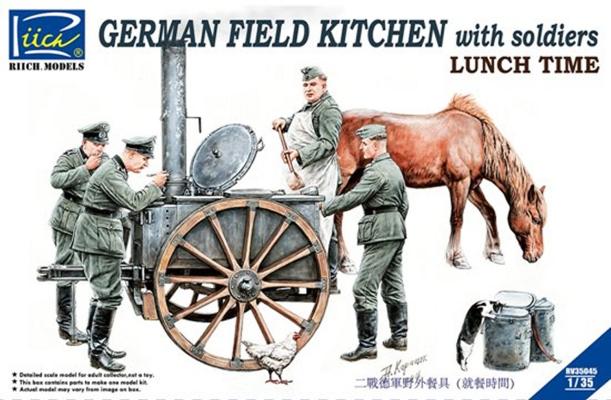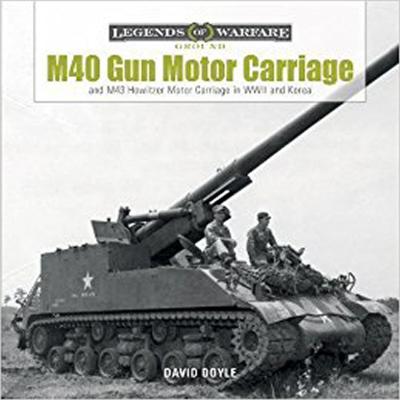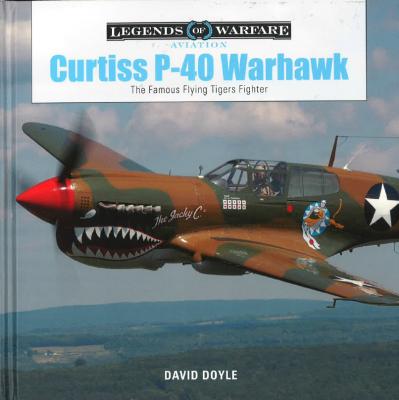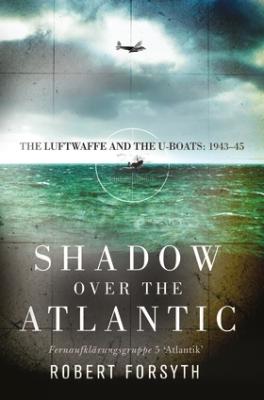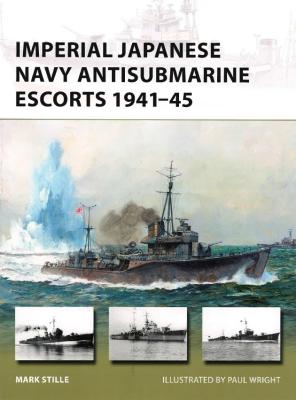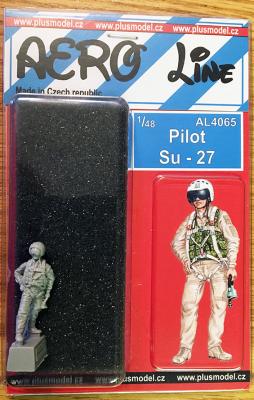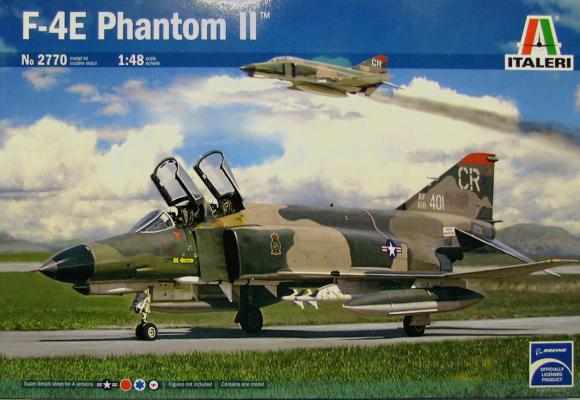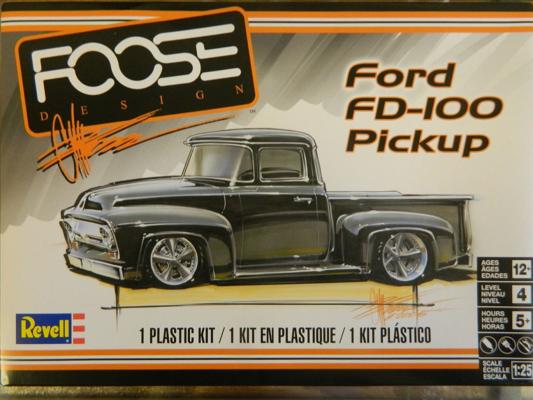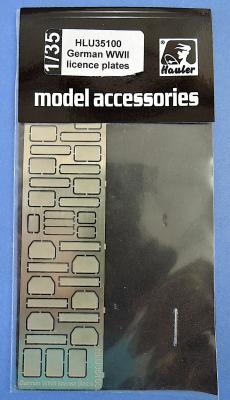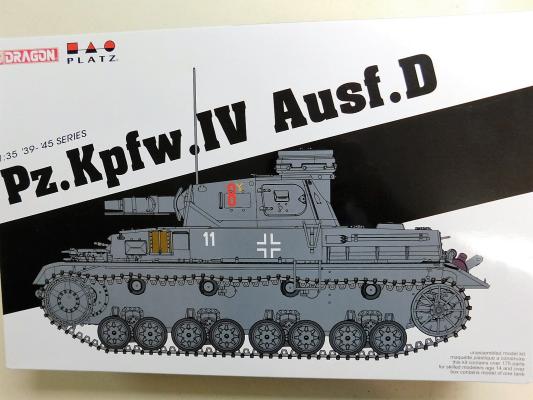This is a multimedia kit comprised of 110+ styrene parts, one photo etched parts fret, and a standard set of instructions. They need to be reviewed very carefully before gluing any parts together.
all 2017
DavidDoyleBooks.com (Schiffer Publishing) out of Memphis TN, has just announced a new offering in the widely held ‘Legends of Ground Warfare’ series, called ‘M40 Gun Motor Carriage and M43 Howitzer Motor Carriage in WWII and Korea’, by popular author David Doyle. Anyone familiar with Mr. Doyle’s previous work will recognize this authoritative combination, and this latest release won’t disappoint.
M40 Gun Motor Carriage comes as a hardcover, 9.5inch square book, following the format of Mr. Doyle’s previous ‘Legends’ volumes, containing high-resolution images printed on heavy, high quality stock paper. Like most of his other works, Mr. Doyle’s M40 is comparatively priced, and a great value.
The book opens with a table of contents and a brief, two-page introduction to the various vehicles covered in the book, as well as a comparison chart of the two main types; the M40 155mm Self- Propelled Gun (SPG), and the M43 8-in. Self-Propelled Howitzer (SPH).
David Doyle’s latest book is one of the initial entries into a new series called ‘Legends of Warfare’ with entries in Ground, Naval, and Aviation. The first Ground book is focused on the Panzerkampfwagen IV, the first Naval book is on the USS Yorktown (CV-5), and the first two Aviation books are on the Curtiss P-40 Warhawk (#4) and Douglas TBD Devastator (#3). The first and second in the series (Wayne Mutza’s Bell 47/H-13 Sioux Helicopter is #1 and David Doyle’s Grumman F4F Wildcat at #2) are scheduled to release later this year.
When I first inquired about reviewing “Shadow Over the Atlantic”, I assumed it would be of a similar format many of Osprey’s “Combat Aircraft” or “Aircraft of the Aces” softcover series of books. It turned out this is a hardback book, and is a much more in-depth volume than those from the standard Osprey series. I am a huge fan of those softcover books, but they always leave me wanting more!
“Shadow Over the Atlantic” is a detailed history of Fernaufklärungsgruppe (FAGr) 5, which operated Ju290 aircraft on long-range reconnaissance missions over the Atlantic
Mark E. Stille (Commander, United States Navy, retired) received his BA in History from the University of Maryland and also holds an MA from the Naval War College. He has worked in the intelligence community for 35 years including tours on the faculty of the Naval War College, on the Joint Staff and on US Navy ships. He is currently a senior intelligence analyst working in the Washington DC area. He is the author of at least two dozen Osprey titles in the New Vanguard, Duel, and Campaign series, primarily focusing on naval history in the Pacific.
I’ve always liked modern Russian/Soviet aircraft and have several in the works (Su-27, MiG-31, MiG-21). Seeing the opportunity to review this pilot figure sounded like a prime chance to add a little spice to one of them (whenever I get them finished!). Though this particular figure is listed as a Su-27 pilot, my research showed that the uniform and gear is applicable to pilots of most other modern Russian fighter and attack aircraft.
Developed by the McDonnell Douglas Company, the F-4 Phantom II is a tandem two seat, all-weather, supersonic fighter-bomber. It is one of the most famous aircraft in military aviation history. The F-4 entered service in 1960 with the U.S. Navy but was also adopted by the USMC and USAF. The F-4 stayed in the service of the U.S. military until 1996, but other countries have kept it in use up to 2017 (Japan). The F-4E version, specifically developed for the USAF, adopted a M61 Vulcan cannon in the nose, and it could be armed with AIM-9 sidewinder and AIM-7 Sparrow air to air missiles to perform air-superiority missions. With two GE J-79 engines, the F-4E could reach the top speed of 1,240 knots (1426 mph). Speed, thrust, and reliability were the Phantom II strengths able to successfully counterbalance its reduced maneuverability due to its size.
The “Effie” pickup trunk have always held me in awe, possibly because a long time ago in another life, I was building a ’53 into a street machine.
Engine
The engine appears to be a small block Ford with Roush refinements. The parts fit very well. I was unable to put the supplied Rouch decals on the valve covers because my decal sheet disintegrated.
Interior
Door panel and dash engraving was very crisp and easy to detail paint. Side panels are separate pieces which makes for easier painting. The interior is also flocked. There are no options for the interior but it is extremely well done for such a small space.
This detail set by Hauler provides numerous license plate frames in different shapes for WWII German vehicles. The set is a steel photoetch fret that is 1 1/8”x3 7/8”. The PE pieces have a slight curl to them. This set provides only the backing plate for licenses, but no decals or stickers are provided for the actual license plate graphic. Mounting brackets are not provided either.
There are 33 license plates provided in the following sizes in millimeters (width x height):
- 6 - 14x3 rounded corners
- 6 - 9x5 rounded corners
- 3 - 6x4 rounded corners, no edging
- 3 - 10x3 rounded corners, no edging
- 6 - 9x6 notched corners
- 6 - 14x3 square corners
- 3 - 9x6 rounded corners
The photoetch pieces are thin and closer in scale than base kit plastic pieces. These license frames are a good option to replace thick (or lost) plastic kit pieces.
This kit is the first armor kit in the 1/35 Platz line from Dragon. They have taken the Panzer IV from their Girls Und Panzer line, re-boxed it and gave it new decals and instruction sheet. The molding is from 2012 and has about 175 parts, with DS tracks. This is quite a reduction in parts then from other Dragon kits. Slide molding technology allows Dragon to mold past subassemblies into one or two pieces. The box is overall white with just a black strip and one picture of the tank, no real box art like other Dragon kits.

